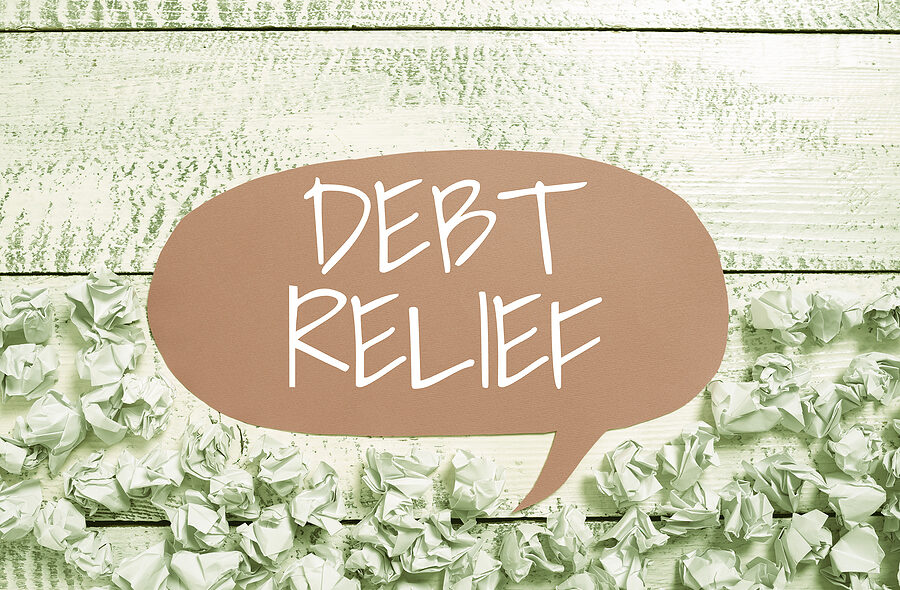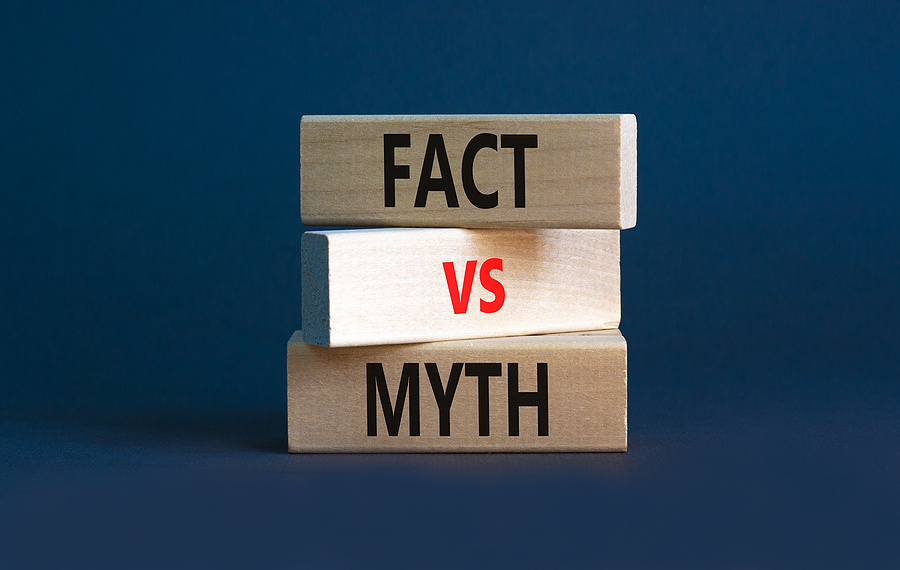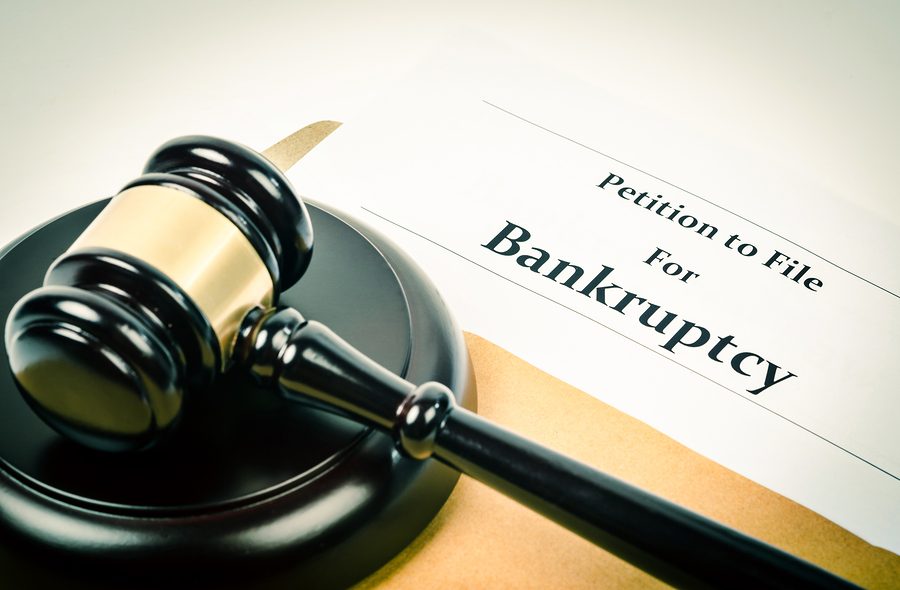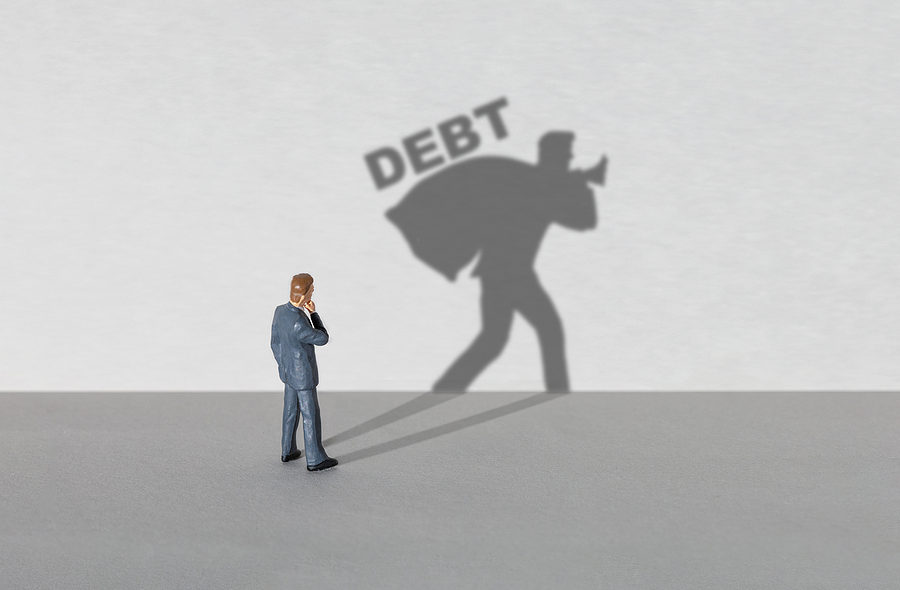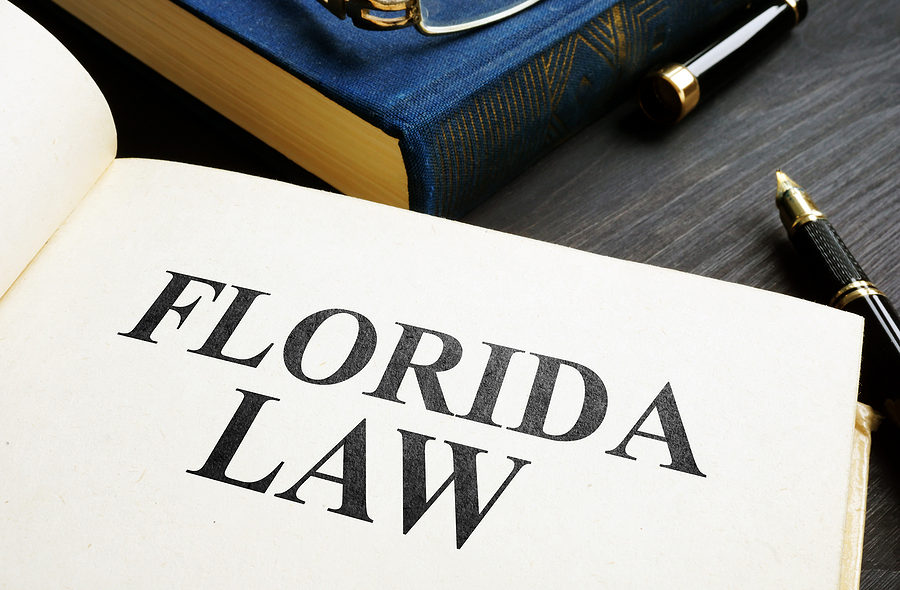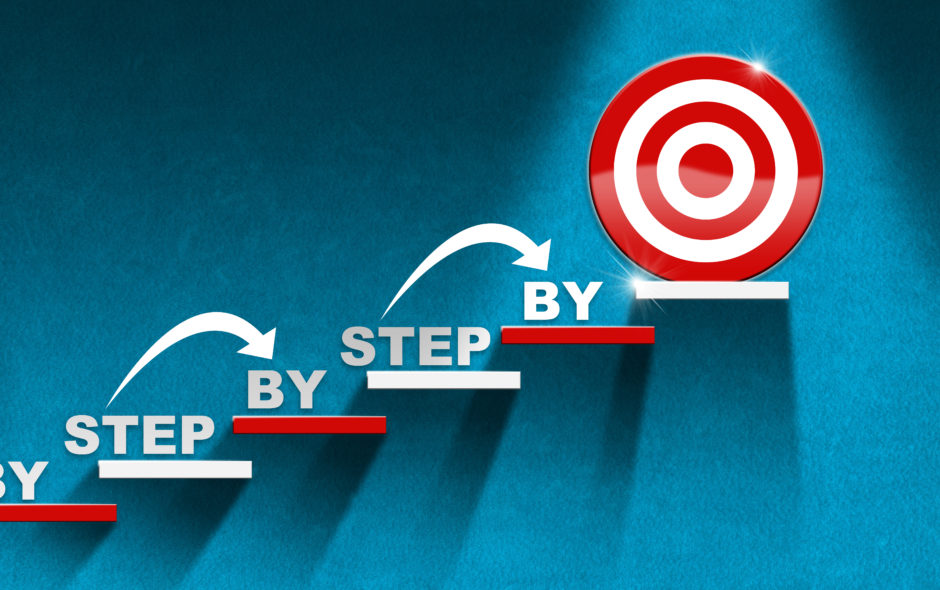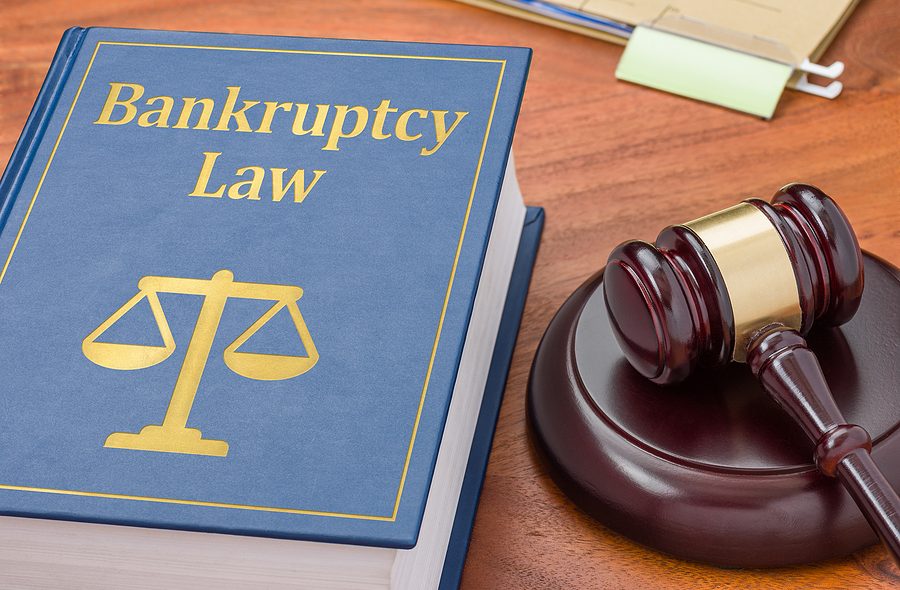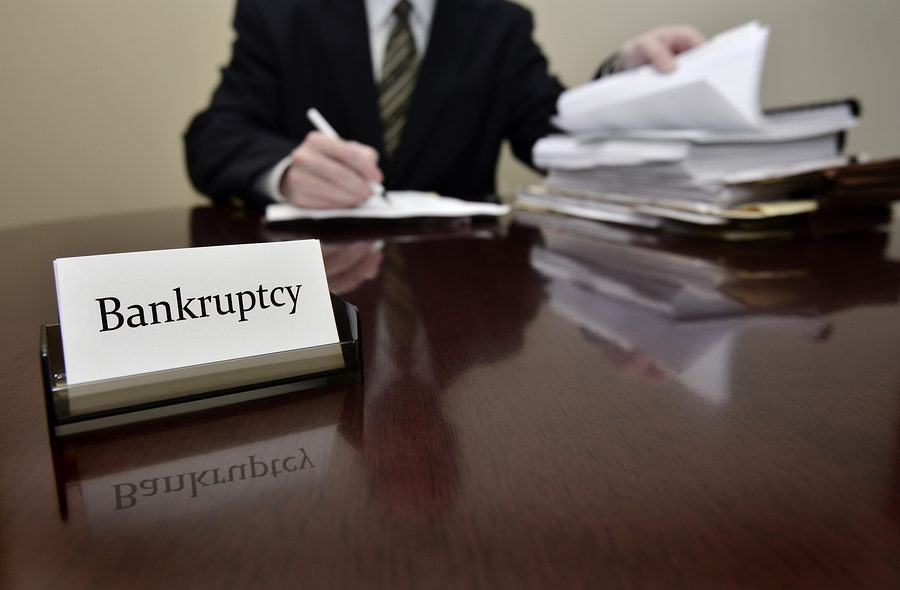One of the biggest fears bankruptcy filers have before proceeding with a bankruptcy case is the fear of losing their home. Depending on the type of bankruptcy case being pursued and whether the home has already fallen into default or even foreclosure, it is possible for filers to keep their home during a bankruptcy case.
Consumer Bankruptcy
Understanding the Difference Between Bankruptcy and Debt Consolidation
When dealing with debt, there are different options consumers have available to them in terms of eliminating that debt. When it comes to debt consolidation and bankruptcy, it’s important to understand the differences between these two approaches, as well as the pros and cons of each.
Debunking the Biggest Bankruptcy Myths
One of the biggest reasons consumers hold off on filing for bankruptcy has to do with the myths surrounding the process. Misconceptions are often the reason behind these myths. Debunking these bankruptcy myths can shed light on the legal process that can help (and has helped) so many people, including an estimated 885,000 American consumers last year.
Myth 1: Bankruptcy Irreversibly Damages a Consumer’s Credit Score
While, yes, a bankruptcy case will almost certainly hurt a consumer’s credit score, this damage is far from permanent. In fact, many consumers have successfully rebuilt their credit scores after successfully completing a bankruptcy case.
What to Expect Before, During and After Filing for Bankruptcy
The process of filing for bankruptcy can seem daunting and unclear for many filers. The uncertainty behind the process often drives the fear of the unknown, which keeps many people from pursuing a bankruptcy case. Pulling back the curtain and knowing what to expect when filing for bankruptcy can help clear up any myths or misconceptions surrounding bankruptcy.
Making the decision to pursue a bankruptcy case is often the thing that holds people back the most. It can be difficult for someone to admit that they need financial help offered through a bankruptcy case. Many see it as admitting failure, which could not be any further from the truth.
Questions to Ask Yourself Before Filing for Bankruptcy
The decision to file for bankruptcy is never an easy one. It takes careful consideration and depends on a number of factors. Before making the decision to file for bankruptcy, ask yourself these questions.
Have All Other Options Been Exhausted?
Bankruptcy is not the only option when it comes to debt relief. It often helps to first meet with a bankruptcy attorney to discuss your options. A budget is one tool a consumer can use to see what unnecessary expenses can be eliminated, freeing up additional funds to pay off debts. The consumer may also have luck in selling some of his or her assets to pay off various debts. Another option is for the consumer to reach out to his or her lenders to see if some type of payment plan or debt settlement can be reached on the debt.
The consumer may also consider credit counseling. This step should be taken even if the consumer is considering filing for bankruptcy since credit counseling, including a two-hour financial management course from a government-approved agency, must be completed at least 180 days before a bankruptcy discharge is issued.
Does Bankruptcy Eliminate Tax Debt?
By the time an individual reaches the point of filing for bankruptcy, he or she is likely inundated with all types of consumer debt, ranging from medical debt to credit card debt and possibly, tax debt. While a consumer bankruptcy case will eliminate a large portion of this debt, tax debt is not normally included in this list.
Taxes fall into the category of “non-dischargeable priority debt,” which means that the bankruptcy case will not eliminate them. Additionally, repayment of these claims is given priority over other creditors’ claims. However, circumstances do exist where tax debt can be discharged with a bankruptcy filing, but certain requirements must exist before that can happen.
DeSantis Vetoes Florida Bankruptcy Relief Bill
Gov. Ron DeSantis vetoed a measure last week that would have provided some much-needed relief for those struggling financially in Florida. The specific measure, HB 265, was passed unanimously by both the state senate and legislature during the most recent legislative session, where it was quickly vetoed by DeSantis. This bill represents the third bill vetoed by the governor.
This bill would have given Floridians facing bankruptcy relief by providing them credit for any equity they may have had in their vehicle. The law would increase the bankruptcy exemption provided to debtors in their cars from $1,000 to $5,000.
Steps to Take Before Filing for Bankruptcy
Before filing for bankruptcy, certain steps should be taken by the consumer to ensure that the case goes smoothly and is successful. Many times, it can help to sit down with a bankruptcy attorney for a free consultation, to discuss any potential issues that could arise in the case and to ensure that all the proper steps are taken by the consumer before filing.
Stop using credit cards.
One of the reasons people file for bankruptcy is due to insurmountable credit card debt. As soon as someone decides to file for bankruptcy, it is always recommended that he or she immediately ceases using their credit cards. Bankruptcy courts will view creating more debt when the person knows that it will never be repaid as a form of bankruptcy fraud.
How Much Debt Do You Have to Have to File Bankruptcy?
When it comes to filing Chapter 7 bankruptcy, the filer must meet a certain threshold when it comes to his or her debt-to-income ratio and qualify under the means test. However, there is no requirement that the filer carry a certain amount of debt to file Chapter 7 bankruptcy.
Federal bankruptcy law dictates the eligibility requirements to file Chapter 7 bankruptcy. The biggest of these requirements is the means test which compares the filer’s income to his or her debt. The means test is a two-step process. The first step requires looking at the consumer’s income as compared to Florida’s average income. If the filer’s income is higher than the median income for a household in Florida, the filer will need to then take the second part of the means test.
Do I need a lawyer to file bankruptcy in Florida?
Filing for bankruptcy can be an uncertain and intimidating process. Going through it alone can make the process that much more daunting. While an attorney is not a requirement for filing for bankruptcy, it certainly helps ensure that a bankruptcy case proceeds smoothly.
A bankruptcy attorney will meet with the client first during a consultation to discuss the person’s financial situation to determine whether he or she needs to file for bankruptcy. Occasionally, it can be in the client’s best interest to wait before filing, but he or she may not realize that until talking through the situation with an attorney.


